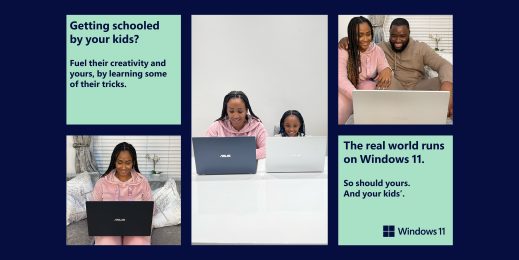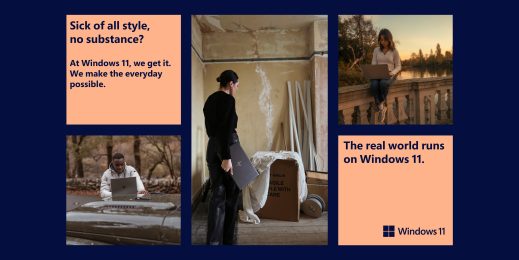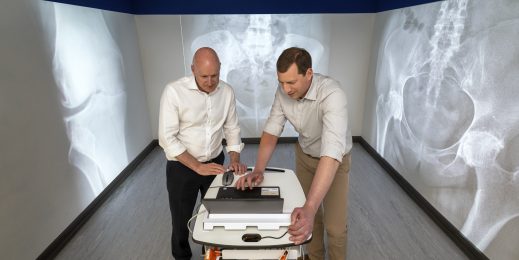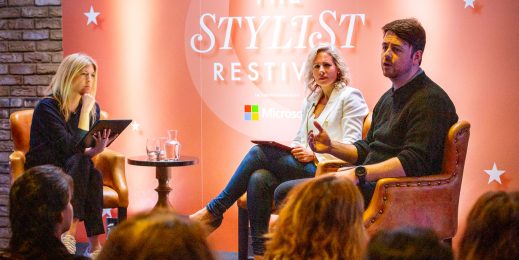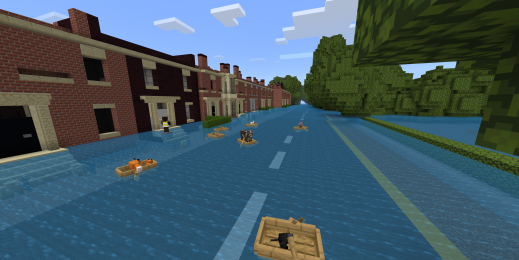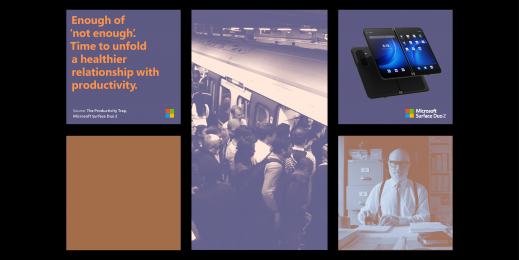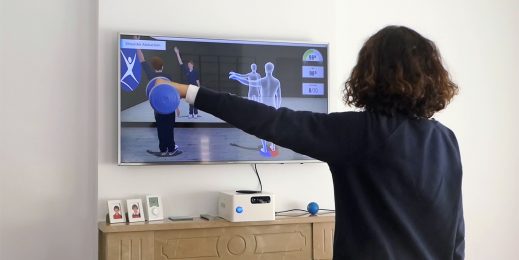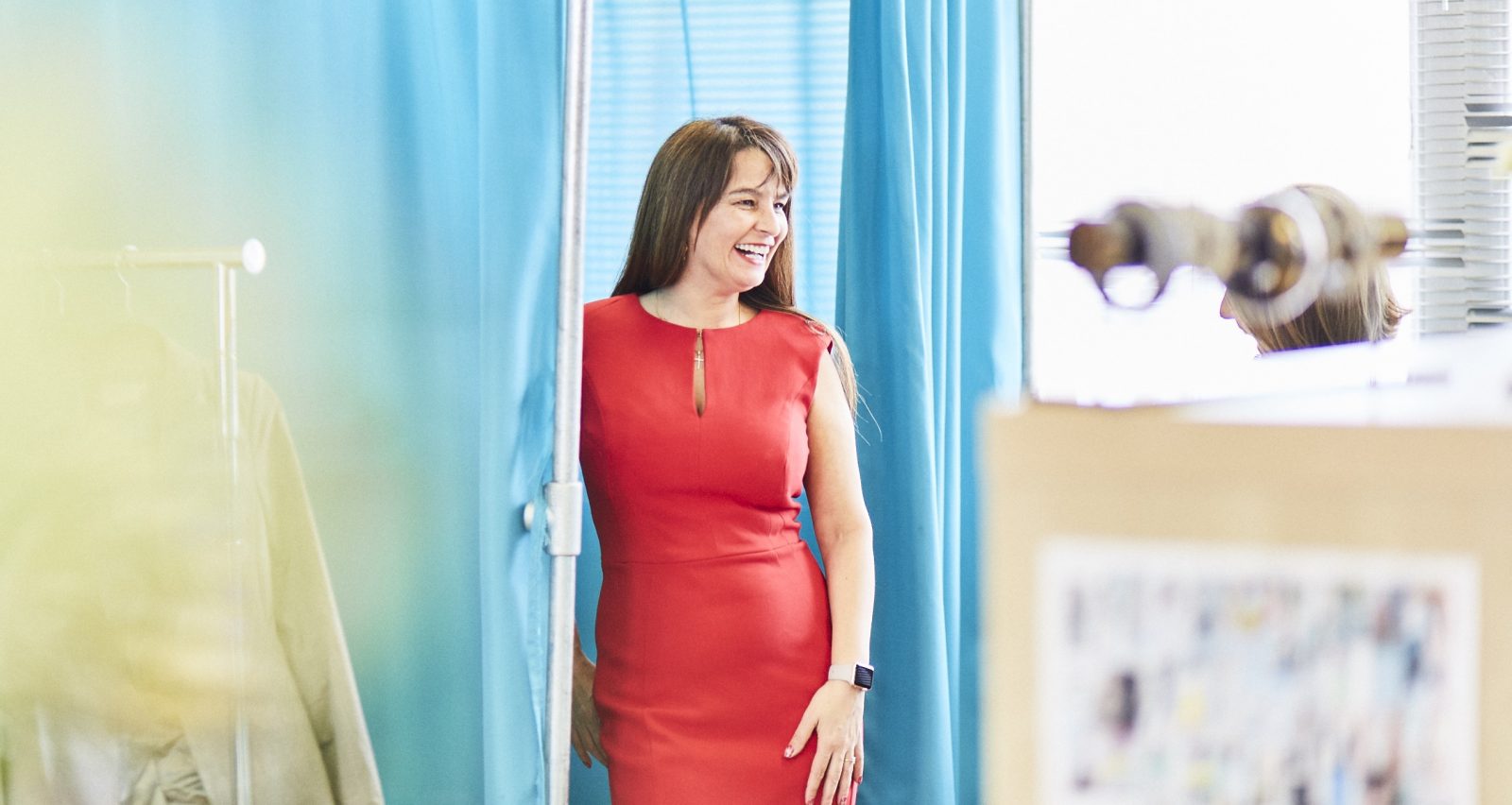
Smart Works is a UK charity helping vulnerable women find jobs – and their confidence
“Job hunting was difficult. I didn’t feel confident in interviews, I didn’t feel good about myself.”
Selina (above) was a single parent looking for work, but a lack of self-confidence held her back at crucial one-to-one meetings. Sometimes she wouldn’t even make it that far: when she found a job she liked it was tricky to find the time to attend interviews and look after her son, too. The employer would move on to other applicants.
It’s a situation that’s not uncommon among the two million single parents in the UK – 90% of whom are female, according to the Office for National Statistics. Other major studies have found that around 84% of non-working single mothers would like to get a paid job, become self-employed or train, while 31% of single mothers would work more hours if they had better access to childcare.
One of Selina’s biggest concerns when attending interviews was the way she was dressed – “I didn’t feel I was wearing the right clothes,” she said.
Selina landed an interview with a property company, and was introduced to Smart Works to prepare for the big day. The charity offers women suitable clothes for job interviews as well as a coaching session; it helps thousands of women a year (about 40% are single parents) and has a phenomenal success rate – one-in-two of the people its staff see go on to gain employment.
Smart Works operates six sites across Britain, with Microsoft Azure, Dynamics, Office and SharePoint playing key roles in everything from booking appointments for the women it helps and gathering feedback to giving those in charge an overview of the whole business so they can run a reliable and professional service that puts their clients first. Those clients include women in contact with domestic violence charities, the homeless, former prisoners who need a fresh start, 16-year-olds who need tips on how to conduct themselves at an interview, and 60-somethings who have been made redundant.
Smart Works helps women who have found it difficult to get a job because of many reasons, but they all need the same thing: to make a good first impression at an interview.
Monster, the employment website, states that “what you wear to an interview can mean the difference between getting an offer or getting rejected”. Kate Stephens, Chief Executive of the London branch of Smart Works, and Rosemary Ashworth, UK Head of Operations, agree: When it comes to job interviews, looks matter.
“Smart Works exists to give women the confidence they need to succeed at a job interview,” Stephens says. “I think all women know that when you’re looking and feeling good about yourself, you perform better. Everybody gets nervous before a job interview, so what we do is give them some very tangible tools. We give them a complete outfit of clothes and accessories, which they can keep, and one-to-one interview coaching. It’s a two-hour appointment in total.
“It’s focused on helping women who have a job interview lined up but haven’t been successful in the past and are struggling to get back into work. Women are much more likely to have gaps in their careers and breaks for caring responsibilities, whether that’s children or family members. We really believe that women need extra support to help them back in the workplace; and for women in particular, a lot of that is caught up in clothes and how you look. We offer a service that unlocks a little bit of confidence and lets women stand tall and feel good about themselves.”
Stephens is sitting in her Smart Works office in Hoxton, North London. Outside the door is a cosy and bright waiting area featuring an entire wall of colourful “thank you” cards sent by successful clients. A few meeting rooms branch off from the main corridor that leads down to the huge fitting area that’s filled with thousands of dresses, suits, shoes, bags, coats and accessories.
Despite the relatively small size of the office (considering how many people the charity helps), there are 150 volunteers on a rota who work there – including members of the Human Resources team at top financial firm BNY Mellon. A further 150 people give their time and skills to Smart Works’ newer and smaller sites in West London, Edinburgh, Manchester, Reading and Birmingham.
“Before the switch we had an access database that was on its last legs because it was trying to do too much,” Stephens explains. “We couldn’t replicate it, so when we opened in West London, we couldn’t download it, it was too big. It was all a bit creaky. We managed to keep it going, but then our new centres were literally filling in a spreadsheet, and that was just capturing numbers, not names of clients.
In the past, organising so many volunteers and clients had been a logistical challenge – filling in spreadsheets, phoning clients for feedback and contacting other offices were holding back the team.
“It took so much time. We would make four phonecalls and people weren’t answering. Our response rate wasn’t as high as it is now,” Stephens admits.
The team realised they needed a modern way of working that would help them grow and let them put their clients first – they chose Azure, Microsoft’s cloud service, the Dynamics range of customer service tools, and Office 365.
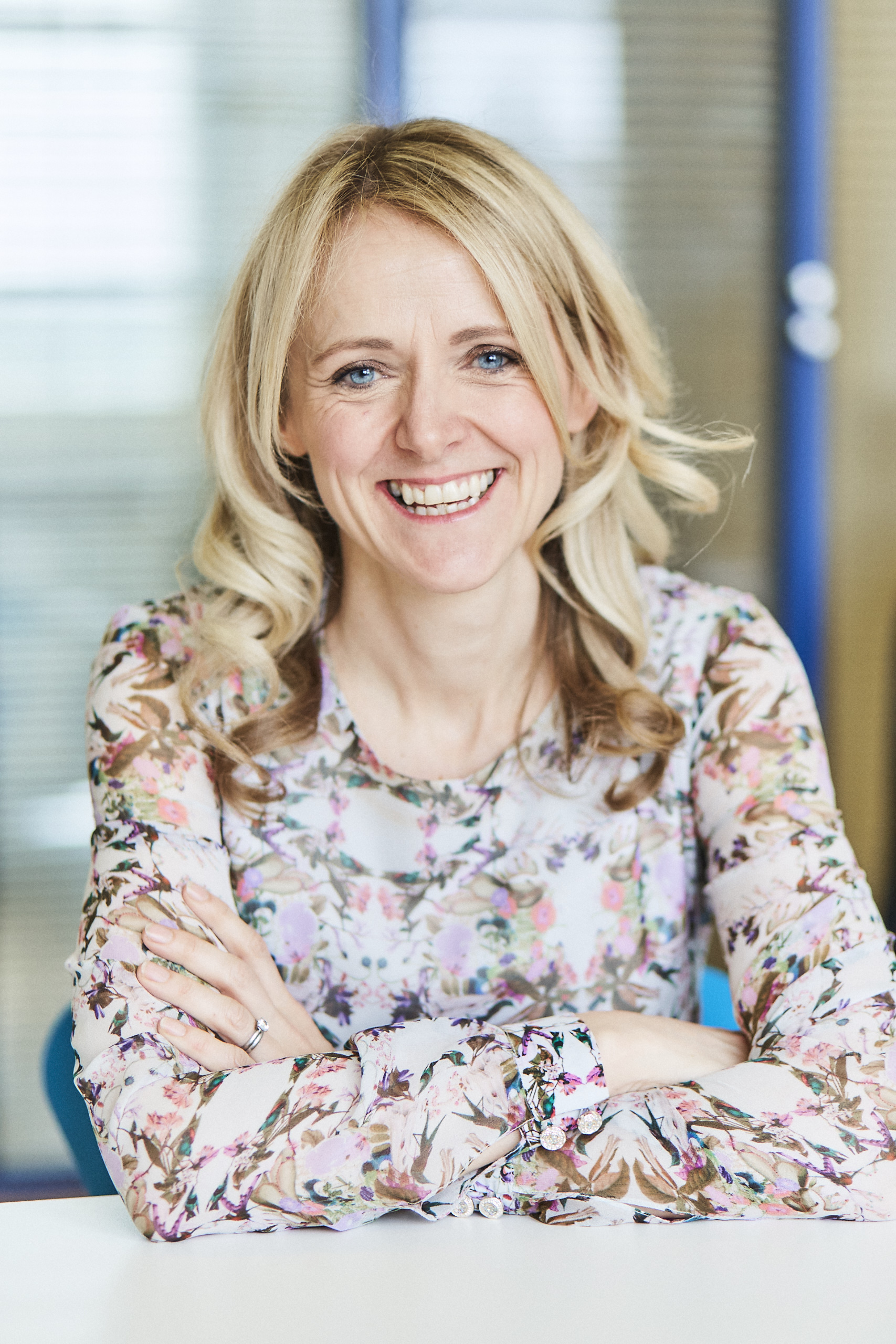
“Once we got to three centres, we realised we needed to invest in the infrastructure, which would enable us to know what was going on. It was a massive leap for us, and a really big investment, because we are only a small charity.”
Now, Dynamics lets staff deliver a personalised service to every one of the thousands of women they see every year. Clients answer a few questions over the phone before they go to Smart Works, which are all typed into the new system, giving the charity valuable information about a person’s situation, the job they are going for, their clothing preferences and any other relevant facts that can help them land their perfect job.
Smart Works selected Gap Consulting as its Dynamics 365 partner to create a digital platform that manages appointment bookings and client communications via SMS, and supports reporting for regional offices, referrers, partners and Government agencies.
“Dynamics was the best option. We were asking it to do a lot because we had to build in our calendar and all our appointments, and that had to be done bespoke, but the rest of it is off-the-shelf,” Stephens says.
“The details we enter into the system drop into a calendar, and it also shows up as a booking. That’s all Dynamics. The client will also get a text message confirming the appointment and an email, containing directions to our office. That’s all linked to the database.
“We couldn’t afford to build an entirely new system, but we didn’t need to. Dynamics has got such great capability, we could use it to catch what we needed. A lot of the people we spoke to thought we were going to use it as a traditional customer relations management system, to log donations or contact with corporations, but it’s far more important than that; it’s a real service delivery tool. It’s not just that we are now communicating effectively with people, it’s about making sure the service is delivered. The key thing is that clients are booked using the database and Dynamics.”

The new system also means that Smart Works’ volunteers across the country can log into Office 365 and share documents using SharePoint.
“We got rid of our servers, it’s now all up in the cloud. I can log in from any computer, and everyone can do that wherever they are, even if they are working from home,” Ashworth adds.
Stephens nods, adding that clients have a much greater chance of success at their interview if the Smart Works staff can tailor their skills to the individual – and that starts with knowing as much about the client’s situation as possible.
“Everywhere there’s a Smart Works we are using the same system. Every time a client phones us, it’s really easy for the staff booking them in because there are no paper forms to fill in. We are capturing that data from the word go; that starts our records, our client file is established.
“Our key measure of success is: did a woman get the job and how many women are we seeing? We can use the database to find that out very, very quickly. We can also use it to give a rich picture of the ethnic background of our clients, the age demographic, the area they’re from, family status, how long they’ve been unemployed and how many interviews they have been to. We have a really rich picture of a client’s situation before they come to us.”
Ashworth adds: “Dynamics has also allowed us to capture things like job status – we don’t want to call someone who has already got a job. It allows us to be on top of things and not make those small mistakes that could be annoying to clients and make them feel negative about things.”
Dynamics is helping Smart Works run more efficiently, creating an environment where the women who visit them – who are often experiencing trauma and hardship – feel calm, confident and relaxed.

Stephen explains: “We see women when they are leaving prison, which is a really tough time to try to rehabilitate yourself. We see girls leaving care, so at 16 their life is in a carrier bag and they’re trying to find a job and it’s really tough. We work with other charities, such as Crisis, which helps homeless women, and domestic violence charities who support women; mental health is a big issue as well.
“We tend to find people are dealing with quite a lot of issues, especially if they are medium to long-term unemployed. It can be tough for them. There are certain moments when our service can be particularly useful, and we put a lot of effort into helping those hardest-to-reach groups. Our dressing room can be a nice, neutral place. It’s very focused on the job interview, on the clothes and what the client wants to look like.”
It can be a long, tough road for the women helped by Smart Works, and getting a job is often the turning point in their lives.
A Government study in 2013 found that the one-year re-offending rate was between 5.6 and 9.4 percentage points lower for offenders who found employment after being released from custody compared with those who did not have a job.
According to Barnardo’s, young people leaving care achieve significantly less in education than their peers – just 11% of children in care gain five GCSEs compared to the national average of more than 60%. Care leavers are also more likely to be unemployed.
“Almost half of our clients have failed at more than 20 interviews. That’s a really tough place to be in. Often, there is not that support around them that others might be able to access, whether that’s someone to talk to, or advice, or a network to rely on. In the two hours they’re here, we try to give them some support,” Stephens says. She pauses, before adding: “When was the last time you had somebody spend one-to-one time with you for two hours? It’s very rare.”
Every woman that Smart Works sees is referred from an organisation it works with and already has a job interview to go to. For example, The Prince’s Trust might be helping a young person who has been invited by a potential employer to meet them. The trust would recommend she visit Smart Works, and the youngster would phone to arrange a date for her two-hour session. Smart Works then sends a confirmation email to the client and the referral partner.
Sessions are usually arranged for a couple of days before an interview, in order to “put someone in a bubble, build them up, and make them feel great and ready”; but Smart Works has seen people just hours before a meeting with an employer.
“It’s quite nerve-wracking coming here; clients don’t know what to expect. Some people think it’s going to be some weird, second-hand charity shop, others think it’s going to be like [fashion television program] Trinny and Susannah. There’s a real apprehension, which is completely understandable,” Stephens says. “But all our volunteers are incredibly warm and supportive, and they’re beautifully skilled. They understand fashion and clothes, or they understand what’s expected of people at interviews and how to get the best out of somebody.”
When they arrive, the client is welcomed by a member of staff. Then the “dressing volunteers” ask her about the job she has applied for, what she feels comfortable wearing and how she wants to look. They then work with the client to find the perfect outfit among thousands of articles of clothing and accessories.
The clothes have been donated to the charity from “professional women clearing out their wardrobes” or companies running “clothing drives”. The latter results in “two or three” deliveries of clothing a week, adding up to hundreds of items. Around 70% of Smart Works’ stock is pre-worn, with new items donated from retailers making up the other 30%.
As the charity isn’t funded by the Government, donations are essential, as are the sales that Smart Works holds once a year to raise money.
“We sell anything that’s donated to us that isn’t interview-appropriate but has a value, like cocktail dresses and swimwear. We raised £60,000 during a two-day sale in May,” Stephens says. “If something is donated that isn’t interview-appropriate and doesn’t have a high value, we send it to Cancer Research. We’ve worked with them a long time and really support what they do. It’s a happy partnership.”
It also has an agreement with Bobbi Brown Cosmetics that sees the charity take 100% from the sale of Pretty Powerful pot rouge, while make-up artists volunteer at Smart Works.
Stephens smiles, and recounts one of the best parts of her job. “You can tell when a client feels comfortable – they drop their shoulders, make eye contact with themselves in the mirror, smile and stand tall. It’s really wonderful. It can be quite an emotional experience, there’s often tears or laughter. They often say really powerful things that are quite understated, such as: ‘I just look like the girl going on the Tube to get to work’, or ‘I’m usually not allowed to wear this kind of clothing’. It’s about feeling like they belong again, and clothes give that acceptance. Because it’s someone dressing you, they give you permission to be the best version of you, which is why we do this in a sympathetic and empathetic way. We want to build people up. It’s not about putting people in this season’s trends, it’s about what they feel comfortable in.”
After the client chooses the outfit she feels comfortable in, she has an hour-long interview coaching session.
“Lots of corporations give us skilled people to do that volunteering, or it might be a freelance executive coach who has some time to give, or a senior manager who has stopped working but wants to volunteer and use the skills they learnt in the workplace. They are all very high-quality people who can take an hour to go through some of the expectations of the interview, any concerns the women may have, difficult questions they might have to answer or how to talk about gaps in their CV. It provides reassurance.”
Last year, 60% of women who went to see Smart Works got a job, and the team regularly receive cards and calls from grateful clients who receive a job offer.
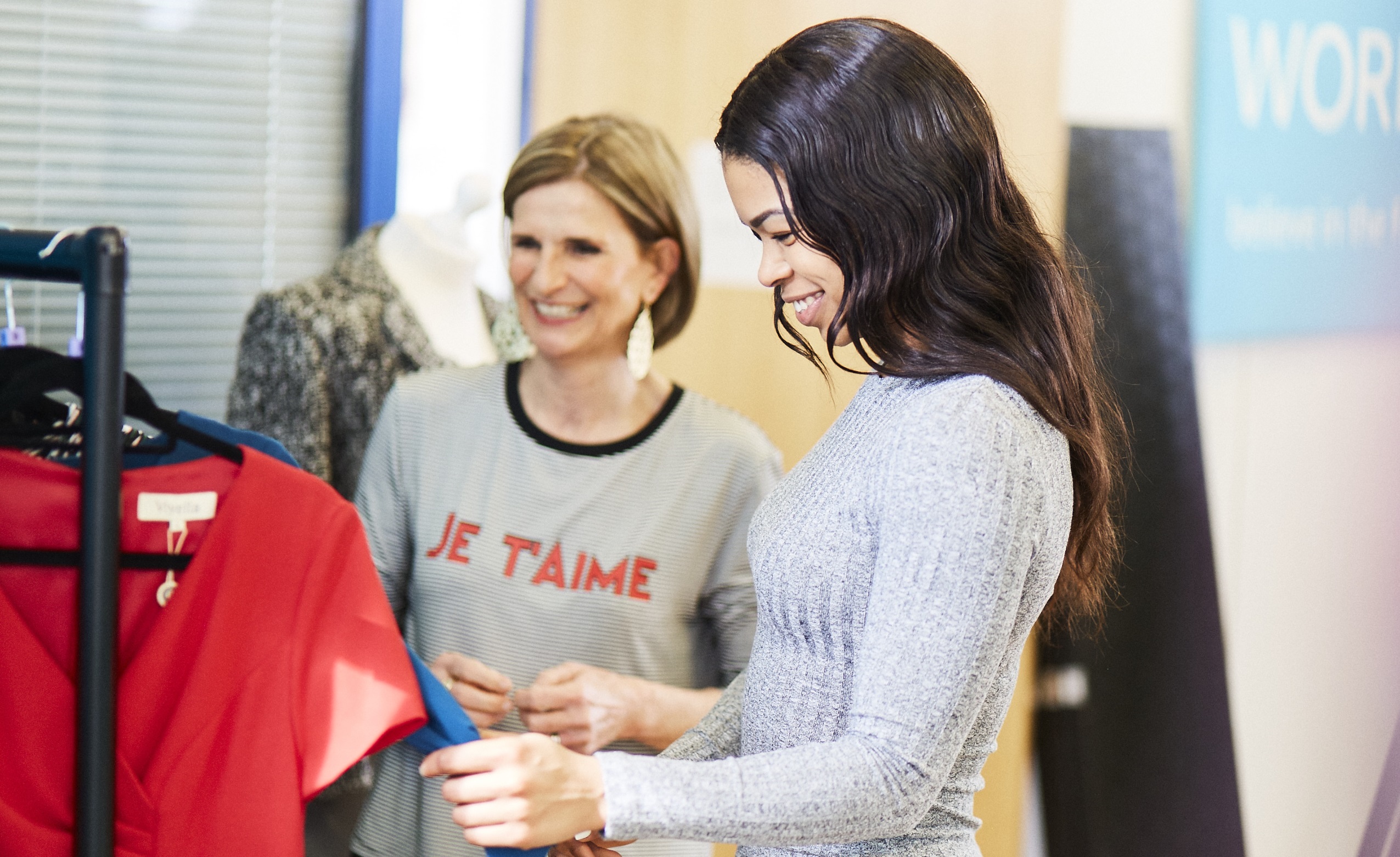
“We get great feedback from people. You touch people’s lives, and it’s a great privilege. You can see it’s a really important step in their journey. Some people will call back a month later and say: ‘I didn’t get that job but I kept going and I got one, I just wanted to let you know. It’s my lucky suit’. We get that a lot; it’s so lovely.”
Far from sitting on their success, the team are looking to add to their rapid growth since they split from US charity Dress for Success in 2013. In the next year they expect to open a site in Leeds, Newcastle or Bristol.
“We’ve gone down the regional route, because we want each centre to find the funding, the women who need support, the volunteers and the clothes. We need demand but we also need someone to say: ‘I am going to bring this to my city’.”
Despite the charity’s popularity, Stephens has no plans to offer a version for men. “For some people, it would be very difficult to have men and women in the same dressing room. Plus, you would think getting clothes would be easy because it’s just suits, but people have different chest sizes, and matching the trousers and jackets is a nightmare.
“However, there is an amazing organisation called Suited & Booted that does a similar thing for men. We worked with them quite closely to help them get started in London.”
So, what about Selina, the single mother who didn’t feel confident in interviews? After meeting the Smart Works team, she travelled home to see her son. “What happened, mummy? You’re glowing!” he said. Two days later she went to the interview at the property firm… and got the job.









